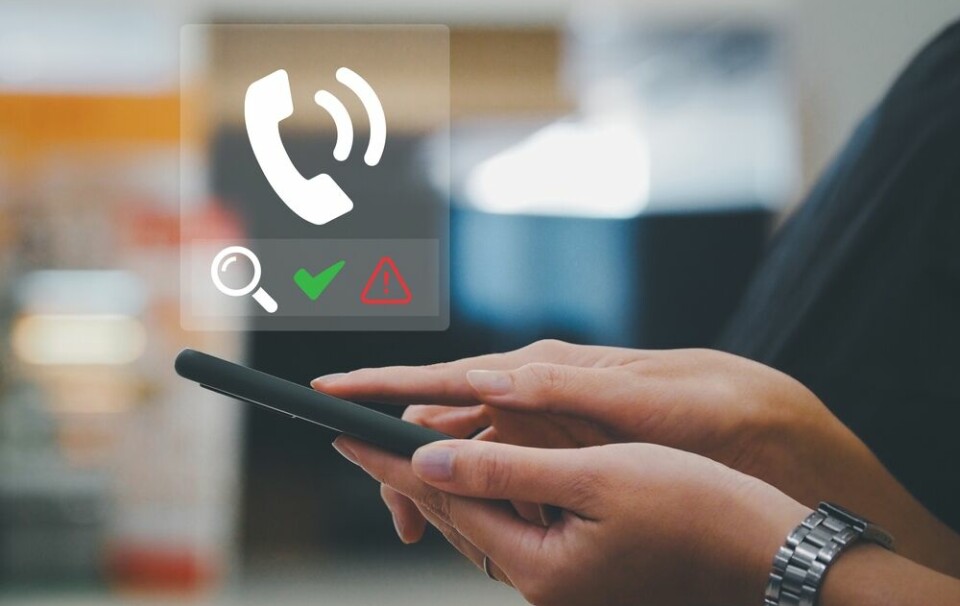-
Mince: a handy French word with several meanings
Use it when expressing frustration and learn how it relates to health habits in January
-
The origins and meaning of tirer les marrons du feu
As Christmas approaches, we look at a phrase to describe someone who takes advantage of a situation
-
Stendhal syndrome: has art ever driven you to distraction?
Discover the condition where art induces intense emotions and even physical reactions
Common mistakes French learners make and how to fix them
Whether it be definite articles or the difference between romantic and platonic love, French is full of nuance

It is something that language teachers will never tire of telling you: making mistakes is one of the best ways to properly understand a language.
Only when you make mistakes will you take the time to understand why they are wrong and therefore you get a better insight into how a language is constructed.
There are lots of mistakes we as French learners make early on, whether it be due to an exception to a rule or how the conjugation differs from English.
Here are some of the most common ones and how to fix them.
I miss you
The concept of explaining that you miss someone proves a headache for French learners. In French, you say tu me manques for ‘I miss you’.
This goes against the rules we have learnt, with our instinct suggesting this means ‘you miss me’. However, the construction of the verb manquer in French is essentially backwards, meaning that you have to turn the majority of what you have learnt on its head.
For example, Clara manque à Henry means ‘Henry misses Clara’.
Aimer/adorer
The verbs aimer and adorer are among the first ones we learn at school, however as your French progresses, you will realise that they become more complex.
In simple terms, we are taught that aimer means ‘to like’ and that adorer means ‘to love’. However, in a romantic context, this is completely different.
When you want to say you love someone in a deep and meaningful way, either to a romantic partner or to a family member, you would say je t’aime.
Meanwhile, if you wanted to say you really like someone, or that you love someone as a friend, you are much more likely to use je t’adore. Similarly, if you tell someone je t’aime bien, it is actually viewed as less serious as je t’aime, and would be considered more like ‘I really like you’ in English, and can be used when speaking to a friend, too.
Read also: How to stay motivated with your French language learning
Pendant/Pour
Getting pendant and pour mixed up is a classic mistake that is easy to fix once you get the rules straight in your head.
Early on in our French learning process, we understand that pour means ‘for’.
In English pendant followed by a noun translates as ‘during’, which is where the confusion comes in. This is generally what we learn pendant to mean, but actually, pendant not followed by a noun just means ‘for’ as well, and is what is usually employed when discussing the duration of an event.
While in English, we would say ‘I was in France for six weeks’, in French you would use pendant. For example, j'étais en France pendant six semaines.
In truth, pour is employed far less commonly than pendant when discussing the duration of an event in French.
For example, pour can express the duration of an event, but only in the future: Je vais habiter en France pour six semaines. However, in this instance pendant could also be used.
Read also: How to stay in touch with French culture when living in UK or US
Visiter/Rendre visite
Chatting about visiting places and people is a pillar of early French conversation, however some key differences should be noted.
If you want to talk about visiting a place, you can use the verb visiter. For example, cet été je veux visiter le Portugal (‘This summer I want to visit Portugal’) or J’ai visité Paris pour la première fois il y a deux mois (‘I visited Paris for the first time two months ago’).
However, if you are talking about visiting a person, you must use rendre visite à quelqu'un.
For example, je veux rendre visite à des amis dans le Sud l'année prochaine (‘I want to visit friends in the south next year’).
I am going
If you want to say, for example, ‘yes, I am going’, in French, you cannot just say oui, je vais. Instead, you need to add a pronoun: j’y vais, which translates to ‘I go there’.
Jouer à
When talking about hobbies and sports, jouer is always followed by the preposition à. Prepositions can be complicated in French and it is often simply a case of learning which verbs are followed by which prepositions in which circumstances.
So for example, it will always be je joue au golf, il joue au tennis, nous jouons au foot, et cetera.
Beaucoup de
This one is simple: it is nearly always beaucoup de and almost never beaucoup des.
Beaucoup is a quantity and most of the time it is used to speak about non-specific things, meaning there is no need for an article and you therefore use beaucoup de. For example, on a beaucoup de temps (‘we have lots of time’).
However, on occasion, you can use beaucoup de plus a definite article - but only when you are speaking about something specific, for example, beaucoup des idées de mon amie sont trèsintéressantes (‘Lots of my friend’s ideas are very interesting’).
This is because you are referring to the specific ideas of your friend, meaning you use the definite article les, which when paired with de becomes des.
























